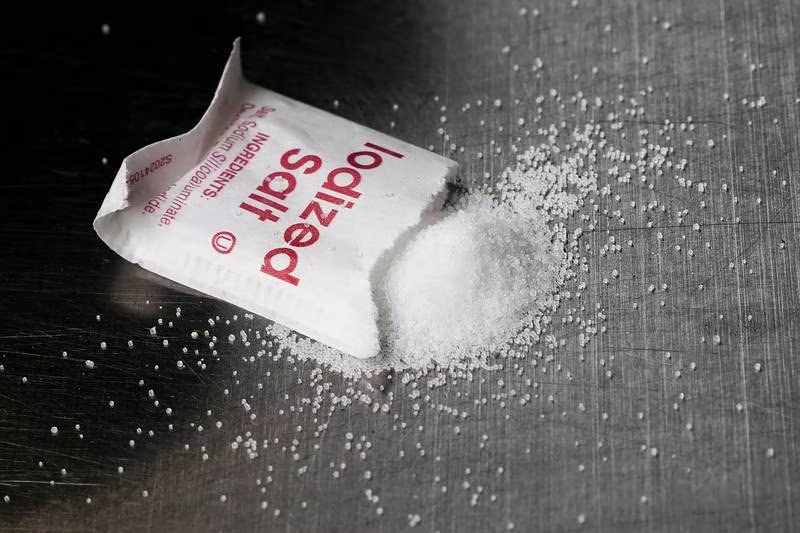WHO says target of reducing global sodium intake by 30 per cent is off track

The World Health Organisation has revealed that the world is off track in achieving its global target of reducing sodium intake by 30 per cent by 2025.
Unhealthy diets not only contribute to the obesity crisis, but are also likely to contain higher sodium, which increases the risk of heart disease, stroke and premature death when eaten in excess.Read More : WHO appeals to China to release more COVID-19 information The global report on sodium intake reduction claims that up to seven million lives could be saved in the next decade by enacting cost-effective policies.
The main source of sodium is table salt, or sodium chloride, but it is also contained in other compounds such as sodium glutamate.
On average, global salt intake is estimated to be 10.8 grams per day, more than double the WHO recommendation of less than 5 grams per day — the equivalent of one teaspoon.
“Unhealthy diets are a leading cause of death and disease globally, and excessive sodium intake is one of the main culprits,” said WHO Director General Tedros Adhanom Ghebreyesus.
“This report shows that most countries are yet to adopt any mandatory sodium reduction policies, leaving their people at risk of heart attack, stroke and other health problems.”
The WHO report shows that only 3 per cent of the world’s population is protected by laws that enforce sodium reduction in meals.
Only nine countries — Brazil, Chile, Czech Republic, Lithuania, Malaysia, Mexico, Saudi Arabia, Spain and Uruguay — have a comprehensive package of recommended policies to reduce sodium intake.
It adds that reducing excessive sodium intake is part of the UN's Sustainable Development Goal of reducing deaths from noncommunicable diseases.
A comprehensive approach to sodium reduction includes adopting mandatory policies and the WHO’s four “best buy” interventions.
These include reformulating foods to contain less salt, and setting targets for the amount of sodium in foods and meals. It has also called for the limiting of salt or sodium-rich foods in public institutions such as hospitals, schools, workplaces and nursing homes.
In addition, the agency has also called for clearer labelling that can help consumers to opt for lower-sodium alternatives and mass media campaigns to reduce salt consumption.
Unhealthy diets not only contribute to the obesity crisis, but are also likely to contain higher sodium, which increases the risk of heart disease, stroke and premature death when eaten in excess.
The main source of sodium is table salt, or sodium chloride, but it is also contained in other compounds such as sodium glutamate.
On average, global salt intake is estimated to be 10.8 grams per day, more than double the WHO recommendation of less than 5 grams per day — the equivalent of one teaspoon.
“Unhealthy diets are a leading cause of death and disease globally, and excessive sodium intake is one of the main culprits,” said WHO Director General Tedros Adhanom Ghebreyesus.
“This report shows that most countries are yet to adopt any mandatory sodium reduction policies, leaving their people at risk of heart attack, stroke and other health problems.”
The WHO report shows that only 3 per cent of the world’s population is protected by laws that enforce sodium reduction in meals.
Only nine countries — Brazil, Chile, Czech Republic, Lithuania, Malaysia, Mexico, Saudi Arabia, Spain and Uruguay — have a comprehensive package of recommended policies to reduce sodium intake.
It adds that reducing excessive sodium intake is part of the UN's Sustainable Development Goal of reducing deaths from noncommunicable diseases.
A comprehensive approach to sodium reduction includes adopting mandatory policies and the WHO’s four “best buy” interventions.
These include reformulating foods to contain less salt, and setting targets for the amount of sodium in foods and meals. It has also called for the limiting of salt or sodium-rich foods in public institutions such as hospitals, schools, workplaces and nursing homes.
In addition, the agency has also called for clearer labelling that can help consumers to opt for lower-sodium alternatives and mass media campaigns to reduce salt consumption.
Source: japantoday.com
